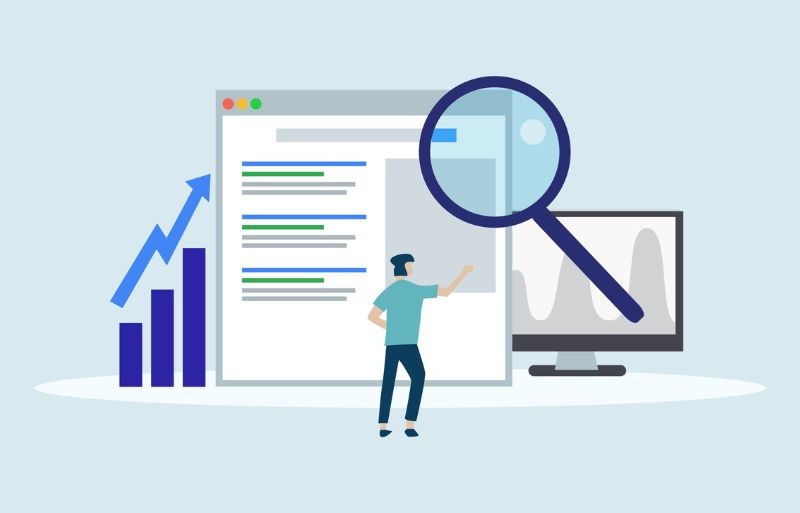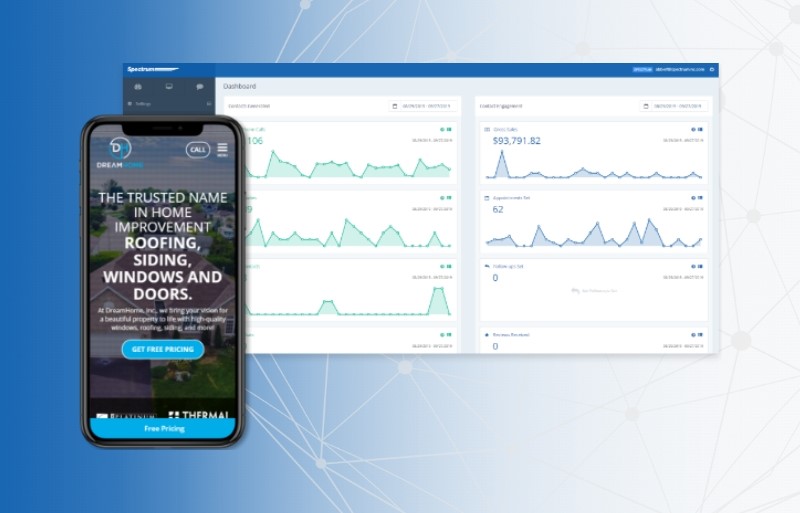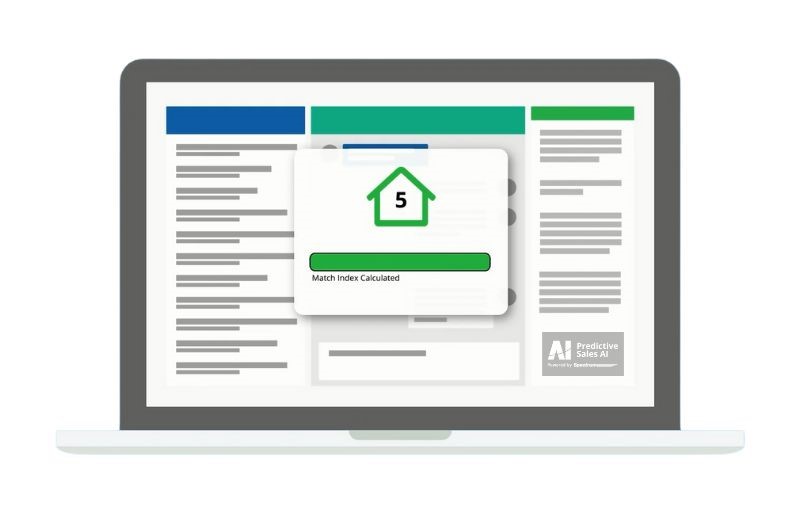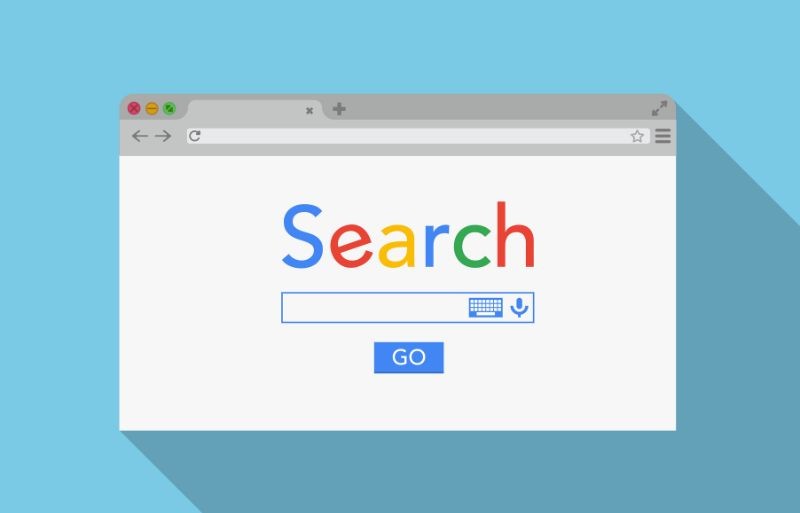What's the Magic Behind Google?

Do you use Google? Do you use Google for work? Could potential customers use Google to find your business?
Then read on.
The more you know about Google -- you know, what makes it tick -- the better you'll be at using it personally and professionally. The better you'll be at making Google work for you, as well.
Unlike your car or the clock hanging in your living room, Google (and the information it organizes) is consistently changing. Whether or not you understand the inner workings of a watch won't change how it works -- time is time. How you approach a search engine, however, can make a tremendous difference in how you search and how people search for you.
So how does Google work? What powers this ever-changing machine? What's the magic behind its awesomeness?
Read on.
Google does three things:
It Crawls.
The text you publish on your website, your blog, in the comments of someone else's blog -- wherever -- is browsed and collected by software programs called Googlebots. They're also known as crawlers or spiders. Essentially, these are bits of computer code developed by Google in order to find and "read" information on the web. Googlebots cover millions of pages everyday -- tirelessly looking for fresh new content (or changes to existing content) so that it can index it.
It Indexes.
After a Googlebot crawls a web page, it stores the information away in an enormous database. This is called indexing. Ultimately, the goal here is to store as much information away as possible and present it to searchers through an algorithmic ranking process.
It Ranks.
Part of Google's mission as a company is to organize the world's information -- a process otherwise known as ranking. Naturally, the algorithm Google uses to do this is a closely-guarded secret. There are, however, several widely accepted strategies you can employ to ensure your website ranks well.
Here are just a few examples:
Consistently create great content.
Use keywords, just don't overdo it.
Incorporate anchor text throughout your content.
Create a great website that's also responsive.
You know, the basics.
Of course, all this information begs the question: is it more important to create content for humans or for search engines? Which strategy will
yield better results.
The fact is you need both. Compelling, informative and entertaining reads coupled with proven SEO strategies is just what search engines are looking for: great content that's easy to crawl, index and rank. With that said, if you were to start anywhere, start with a great idea. Strive to engage your target audience. Try to create something you would want to read yourself. Use your passion for whatever you do as a base and let Google work it's magic.








